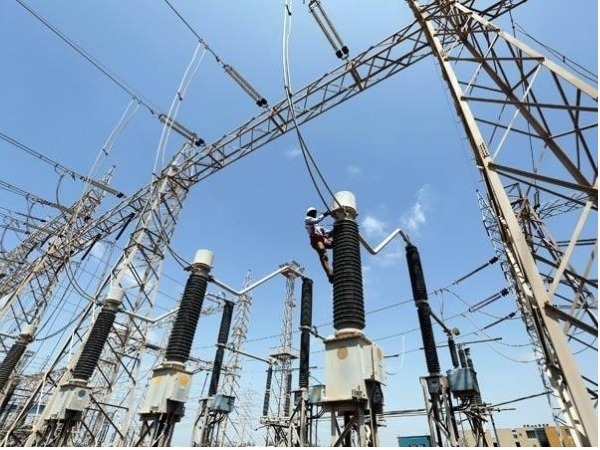World Bank approves $250 million loan to Rajasthan for strengthening electricity distribution sector of state
Jaipur, July 10: With an aim to bring in the improvement of the state’s electricity distribution sector under the ‘24×7 Power for All’ program, World Bank on Monday approved to provide a financial assistance of $250 million to Rajasthan.

Rajasthan will receive the loan of $250 million under ‘Second Programmatic Electricity Distribution Reform Development Policy Loan for Rajasthan’, a scheme launched for the turnaround of the state’s electricity distribution sector.
Notably, the Second Programmatic Electricity Distribution Reform Development Policy Loan for Rajasthan is the second in the series of two operations planned for a comprehensive turnaround of Rajasthan’s electricity distribution sector. The first loan was approved in March 2017.
The program is envisaged to improve and strengthen the governance in the distribution sector, establish a performance management system, incentivise employees for improvement in performance, restructure DISCOMS debt and transfer considerable amounts to state, reduce the costs of energy procurement, improve operational performance of DISCOMs by publishing feeder level energy audits, increased usage of IT etc.
The DISCOMs in Rajasthan are responsible for 9.5 million electricity consumers. This loan will deepen the institutional and operational reforms of DISCOMs which has been facilitated by the union government’s program called Ujwal DISCOM Assurance Yojna (UDAY) launched in 2015. Rajasthan government had joined the scheme in 2016.
The key areas that the programme will support include:
- Strengthening governance in the distribution sector in the state by establishing annual performance MoUs between the DISCOMs and the state government;
- Financial restructuring and recovery in the sector by transferring considerable amounts of the DISCOMs debt to the state;
- Bringing in more discipline in the revenue requirements of DISCOMs;
- Taking initiatives in reducing the costs of energy procurement;
- Putting in place a performance management system;
- Providing incentives to employees for improving performance;
- And improving the operational performance of the DISCOMs through initiatives like publishing feeder level energy audits, increased usage of IT etc.